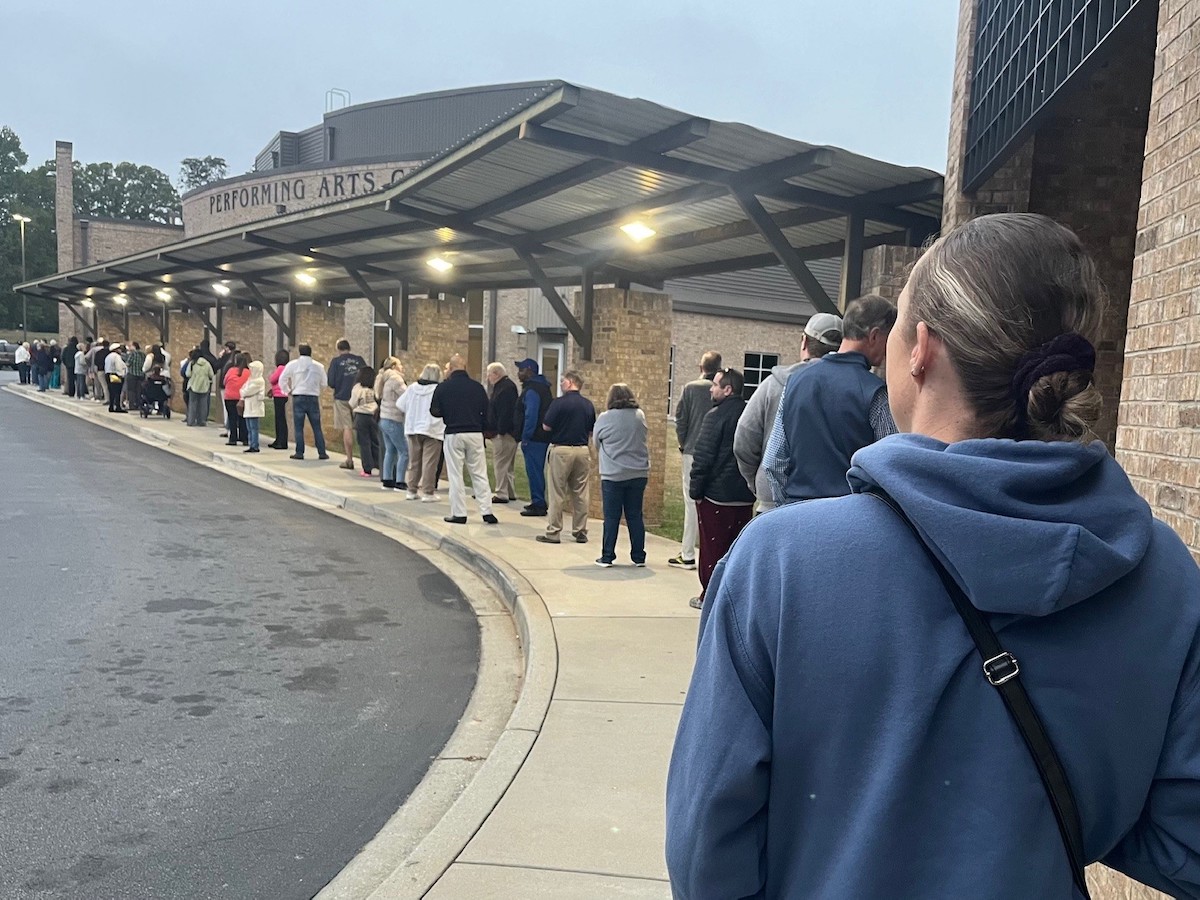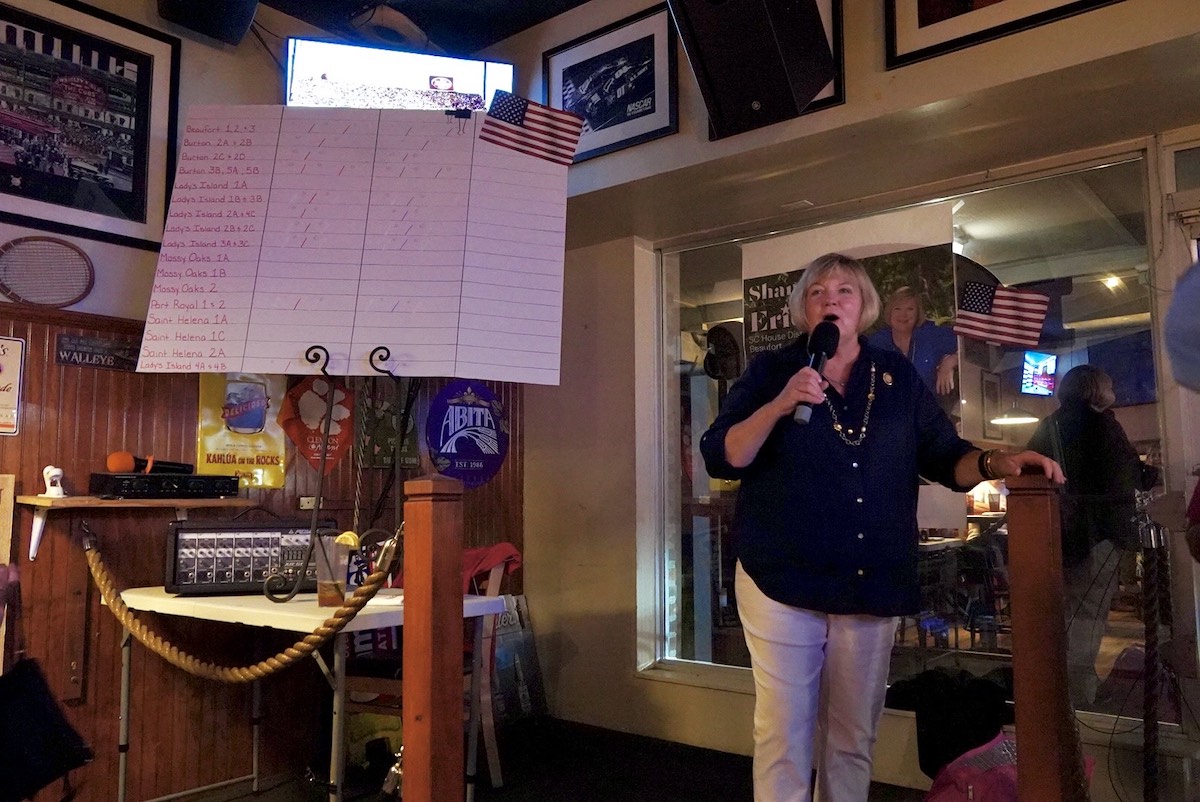By Dallas Woodhouse
As we approach Election Day 2022, you probably know that South Carolina voters will make critical choices for governor and the U.S. Senate this fall. Our state will also play an important role in deciding which political party controls Congress next year. Interest in this year’s elections, based on more than 80,000 new voter registrations this year, is high.
However, you probably haven’t heard that Palmetto State voters will also decide on two important constitutional amendments at the ballot box this November.
The proposals would increase how much the state contributes to its “rainy day” accounts, more technically known as the General Reserve Fund and Capital Reserve Fund. The former would be raised from 5% to 7%, and the latter raised from 2% to 3%, based on the previous year’s revenue.
By law, the reserve funds act as a shield against year-end budget deficits. When a deficit occurs, funds are first drawn from the Capital Reserve Fund, and if more money is needed to cover the shortage, the General Reserve Fund is tapped.
States with healthy reserve funds are in a better position to deal with financial downturns, much like individuals who keep an emergency savings account. As it stands, South Carolina’s combined 7% reserve ratio is well below the roughly 12% national average. The amendments, if passed, would bring us to 10%.
Preparing for a rainy day isn’t just hypothetical. The General Reserve Fund was exhausted four times and the Capital Reserve Fund nine times between 1987 and 2011, according to state Budget Director Mike Shealy. Both funds were depleted during the 2008 Great Recession.
Supporting these two amendments is something that should bring the political left and right together.
The left can help avoid teacher layoffs and cuts to critical government services by supporting the amendments, and the right can help reduce the demand for tax increases.
During inevitable downturns in the economy, tax hikes are more likely to be avoided by having strong reserves that help stabilize the state budget when expected tax collections plummet.
Recessions affecting state finances can lead to all kinds of cuts to relied-upon government services. With the passage of these amendments, more reserve dollars will be in place to cover revenue shortfalls, preserving funding as it was originally budgeted.
Voting for the amendments will not raise your taxes. Rather, this deals with revenue the state is already collecting and sets more aside. You the voter would be instructing lawmakers to save more money, not spend it.
A recent voter survey released by the South Carolina Policy Council – a research think tank in Columbia – shows up to 40% support for the proposals when explained in simple terms.
However, a large percentage of voters were unsure or didn’t fully understand the issue when just given the ballot language.
People who don’t understand ballot questions tend to vote no, and that is concerning for those of us who favor saving more and spending less.
That’s why the South Carolina Policy Council is traveling the state and engaging voters on this important issue. We believe the passage of these two amendments will lead to a better and more financially responsible future for South Carolina.
With signs of an imminent economic recession, South Carolina’s next rainy day could be right around the corner. Now more than ever, this is the time to boost our state’s reserves and get ready for whatever storm may come.
Dallas Woodhouse is the Executive Director of the South Carolina Policy Council.








